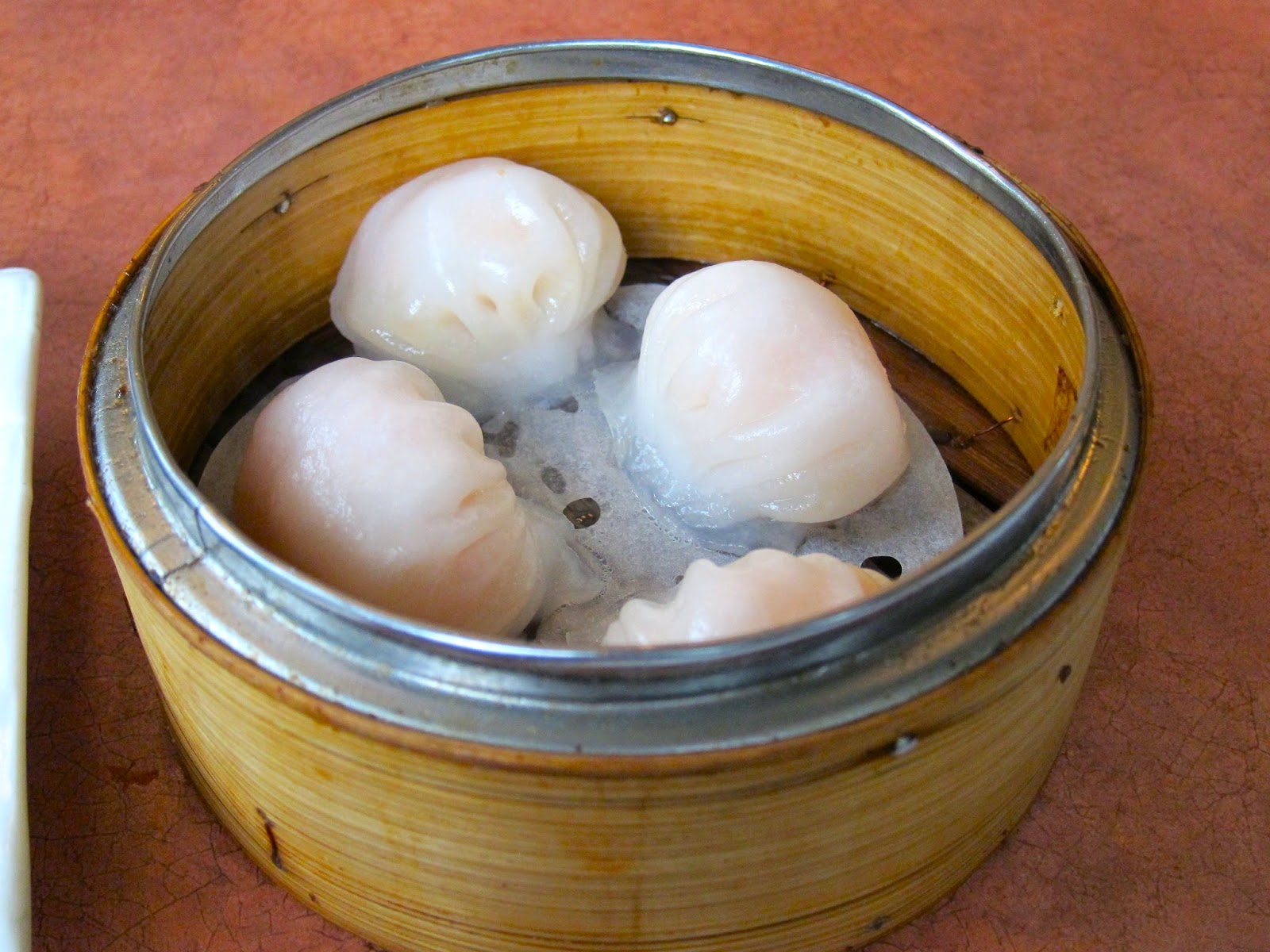2015 TEDXManhattan Viewing Party Event
I am very excited to be hosting a TEDXManhattan Viewing Party at my home in Toronto on March 7th, 2015. The TEDX talks will be all about the state of the future of FOOD which is in line with my FOOD REVOLUTION DAY mission. I have invited some fellow Food Revolution Day Ambassadors along with some of my food savvy friends to attend the live streaming viewing of these talks. Thanks to the great generosity of CHIPOTLE Mexican Grill my guests will be munching on some great and healthy food catered by them and I will also have the owner of GOOD FOOD FOR GOOD come over to demo her new line of Gluten Free, Dairy Free, Preservative free sauces and spreads.
You can get more information to either host a Viewing party or attend one by checking out their website for information. http://www.tedxmanhattan.org/viewing-parties/
Here is a run down on what the event is all about and the talk times and topics:
TEDxManhattan “Changing the Way We Eat” will take place on Saturday, March 7, 2015, at the TimesCenter in New York City. Below is the list of speakers along with their topic. Order is subject to change.
2015 Run of Show (02/21/15)
TEDxManhattan
TEDxManhattan
Registration 9:30 – 10:30. Webcast begins promptly at 10:30 (ALL TIMES EASTERN)
Session 1 – Sharing the Vision (10:30 – 12:15)
Introductions
Intro: Tom Colicchio
Speaker 1 – Danny Meyer – Fine dining and chain restaurants – the evolvement and overlap of the two
Speaker 1 – Danny Meyer – Fine dining and chain restaurants – the evolvement and overlap of the two
Intro – Urvashi Rangan
Speaker 2 – Anim Steel – Food justice
Speaker 2 – Anim Steel – Food justice
Intro – Paul Lightfoot
Speaker 3 – Ali Partovi – What’s the real reason organic food costs more? (Hint: It’s not because it’s more expensive to produce)
Speaker 3 – Ali Partovi – What’s the real reason organic food costs more? (Hint: It’s not because it’s more expensive to produce)
Intro – Megan Miller
Speaker 4 – Stephen Reily – How do cities build platforms to help the local food economy achieve sustainability and scale?
Speaker 4 – Stephen Reily – How do cities build platforms to help the local food economy achieve sustainability and scale?
Film clip: The Meatrix – Re-make and re-launch of the hugely successful 2003 viral phenomenon
Intro – Wenonah Hauter
Speaker 5 – Michele Merkel – What is legal is not always right – fighting for justice in rural America
Speaker 5 – Michele Merkel – What is legal is not always right – fighting for justice in rural America
LUNCH 12:15 – 1:30 (Webcast offline/break)
Session 2 – Shaping Our World (1:30 – 3:30)
Intro – Andrew Gunther
Speaker 6 – Stefanie Sacks – How small changes in eating can make big differences
Speaker 6 – Stefanie Sacks – How small changes in eating can make big differences
Intro – Peggy Neu
Speaker 7 – Robert Graham – Teaching doctors about the importance of food to health
Speaker 7 – Robert Graham – Teaching doctors about the importance of food to health
Intro – Michel Nischan
Speaker 8 – Marcel Van Ooyen – Scaling up local food distribution to take it from niche to mainstream
Speaker 8 – Marcel Van Ooyen – Scaling up local food distribution to take it from niche to mainstream
Intro – Sunny Young
Speaker 9 – Joel Berg – The only real way to end hunger in America
Speaker 9 – Joel Berg – The only real way to end hunger in America
Intro – Ann Cooper
Speaker 10 – Dana Cowin – The power of ugly vegetables.
Speaker 10 – Dana Cowin – The power of ugly vegetables.
Speaker 11 – TEDxManhattan Award Winner – Stephen Ritz, Green Bronx Machine. School. Kids. Community. Food. The educational community center Steve is building in a school in the Bronx.
Speaker 12 – DJ Cavem (with Alkemia Earth) – Health education through art and hip hop music
BREAK 3:30 – 4:10 (Webcast Offline)
Session 3 – Lighting the Future (4:10 – 6:00pm)
Intro: Sam Van Aken
Speaker 13 – Henry Hargreaves – How end-of-the-world doomsday preppers are thinking about their food
Speaker 13 – Henry Hargreaves – How end-of-the-world doomsday preppers are thinking about their food
Film clip: Anna Lappe – Real Food Media Project winner
Speaker 14 – Shen Tong – Investing in food businesses
Speaker 14 – Shen Tong – Investing in food businesses
Intro – Lance Price
Speaker 15 – Kendra Kimbirauskas – The good food movement and the explosion of factory farms in the U.S.
Speaker 15 – Kendra Kimbirauskas – The good food movement and the explosion of factory farms in the U.S.
Film clip: Regina Bernard-Carreno and Alison Cayne
Speaker 16 – Danielle Nierenberg – Why the food system will fall apart without women farmers
Speaker 16 – Danielle Nierenberg – Why the food system will fall apart without women farmers
Intro: Myra Goodman
Speaker 17 – Nikiko Masumoto – Farming and a vision for farmers
Speaker 17 – Nikiko Masumoto – Farming and a vision for farmers
Change the Way You Eat
1. Educate yourself – Unfortunately, there is no all-encompassing guide that answers all sustainable food questions, so you need to learn what you can about the food industry and decide for yourself who deserves your support. The following books are a great place to start: Fast Food Nation by Eric Schlosser, The Omnivore’s Dilemma by Michael Pollan, Hope’s Edge by Frances Moore Lappé and Anna Lappé, Stuffed and Starved by Raj Patel. For more recommendations, check out Grist’s Favorite Food Books of 2010: www.grist.org/article/2010-12-20-favorite-food-books-of-2010.
2. Shop sustainable – Where do you get your food? If you answered farmer’s market, CSA or food co-op, you are already concerned with sustainability. Wherever you shop, choose local, organic and/or sustainable items over their industrial, non-local counterparts. When buying meat and dairy, look for free-range, pasture-raised, and antibiotic free. Seek out items with less packaging or skip the packaging altogether by buying bulk items with your own bags. To find sustainable farms, restaurants and markets near you, visit Eat Well Guide or Local Harvest.
3. Ask questions – One of the greatest benefits of buying your food straight from the farmer is talking directly with the person who grew the food. We ask our farmers all sorts of questions, from ‘what’s the most delicious way to cook this lamb chop’ to ‘what’s integrated pest management’ and ‘do you use any synthetic fertilizers’? If your local grocery doesn’t carry local or organic foods, ask the manager about it! You’d be surprised at the buying power you plus a few friends possess. Check out Huffington Post’s Seven Great Questions to Ask Your Farmer or visit Sustainable Table’s Question Guide.
4. Eat Less Meat – Eating lots of meat is not only bad for you, it’s bad for the environment. Eating less meat can reduce your chances of developing chronic conditions like some types of cancer, diabetes and cardiovascular disease. Meat, especially from industrial feedlots, is hugely energy intensive, requiring thousands of gallons of water and approximately 40 fossil-fuel calories for every edible calorie. When you do want to eat meat, make sure you support farms that raise and slaughter their animals in a humane and sustainable way. For recipes and resources for going meatless, visitMeatless Monday.
5. Eat seasonal – No matter the season, our supermarkets are filled with a vast array of produce from all around the world. But just because you can find a stalk of asparagus in January doesn’t mean you should eat it! Eating seasonally means buying produce that’s grown locally and eating it right away. Local food has a lesser environmental impact, is fresher, and is produced by your community. That means eating seasonally is healthier for you, your community and the environment! To find a Farmer’s Market near you, visit Local Harvest. To find a CSA in NYC, visit Just Food’s CSA finder. You can also find Farmer’s Markets and CSAs at the Eat Well Guide.
6. Grow your own – There’s no better way to know your farmer than to be your farmer! Growing your own food guarantees the most healthful, freshest, and satisfying produce you can get your hands on. From a few herbs or sprouts in your kitchen window, to a full veggie patch at your local community garden, growing your own food is the coolest way to go green. For NYC dwellers, find a garden through Green Thumb. If you have high hopes and a tiny apartment, check outWindowfarms!
7. Cook – Eating out poses many challenges to the sustainable eater. How and where does the restaurant get its ingredients? How much food do they throw away? What’s their water consumption? The only guaranteed way to know your food is prepared sustainable is to see the meal start to finish; from buying (or growing?!) the ingredients, through the peeling, chopping, roasting, sautéing, and plating, clear to the last delicious bite. For culinary inspiration, visit Chef Michel Nischan’s recipe page.
8. Drink Local – Approximately 33% of the 2.4 million tons of PET plastic discarded every year is from water bottles—that means 800,000 tons of plastic water bottles will sit in a landfill for thousands of years before decomposing. Bottled water is no safer than tap water; in fact most bottled water is tap water! Trash the bottle and drink your local tap instead. To uncover more facts, watch the story of bottled water at Food & Water Watch. If you need a water refill, visit TapItwater.com to locate a spout, or download their app!
9. Get Involved – Change happens because dedicated people like you support it. Decide on the issues that matter most to you and start or join the campaigns that protect them. Visit non-profits that are fighting for good, clean food like the Environmental Working Group and Slow Food USA to get started.
10. Enjoy! Eating can and should be the simplest joy we all have. Sharing a meal brings people together in a way that little else does. Knowing that the food you eat is grown with care for the environment, farmers, animals, and your own health will only add to your joyful food experience. For tips on creating a loving food environment, check out Laurie David’s new book “The Family Dinner.”
ORGANIZATIONS
A simple way to help change the way you eat is to support local and nonprofit sustainable groups around the country. Below are affiliated with, and recommended by, our speakers and sponsors.
A simple way to help change the way you eat is to support local and nonprofit sustainable groups around the country. Below are affiliated with, and recommended by, our speakers and sponsors.





























